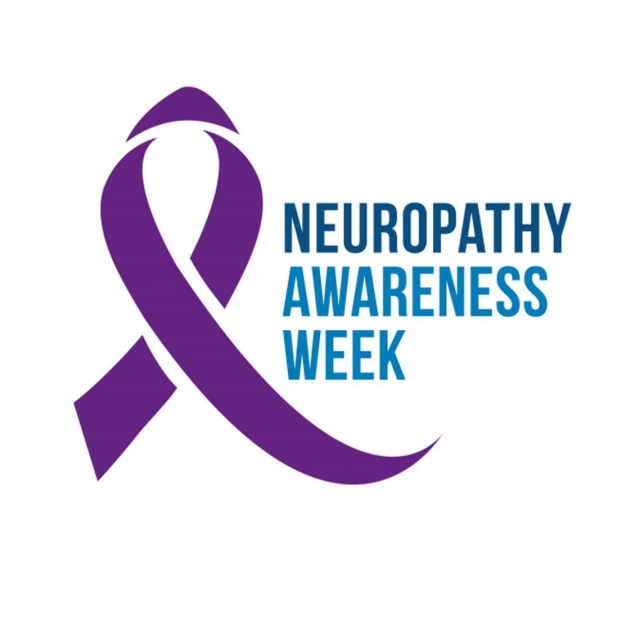
Neuropathy Awareness Week 2023: Tips for Living a Full, Active Life with Neuropathy
Neuropathy is a complex condition with various causes, including genetics and diabetes. With over a hundred distinct inherited neuropathies, it can be challenging to identify the underlying cause, making education and awareness crucial. Thankfully, medical advances and treatment options continue to improve the quality of life for patients worldwide.
Neurotropic B vitamins, such as B1, B6, and B12, are crucial for nerve health and regeneration. B1 (thiamine) helps create energy for nerves, B6 aids in transmitting signals in the nervous system, and B12 supports nerve regeneration and other essential processes.
Neuropathy sensory tests are essential diagnostic tools that help doctors evaluate how well a patient's nerves are functioning. These tests measure the patient's ability to feel touch, vibration, cooling, and heat sensations. By assessing the patient's responses to these different stimuli, healthcare professionals can gain valuable insights into the severity and extent of nerve damage caused by neuropathy. Sensory tests are crucial for identifying the specific type of neuropathy and tailoring an appropriate treatment plan to manage symptoms and improve overall nerve function.
Once your doctor identifies the cause of your neuropathy, they'll help develop an appropriate treatment plan, including medications, lifestyle changes, and supplements.
To manage neuropathy, consider these tips:
- Eat a balanced diet: Consume a healthy diet rich in produce, whole grains, and lean proteins to obtain essential vitamins and minerals, including the neurotropic B vitamins.
- Exercise: Engage in regular physical activities like walking, yoga, or tai chi to alleviate neuropathy pain, improve muscle strength, and aid in blood sugar control.
- Take supplements:Vitamins B1, B6, and B12 are beneficial for neuropathy treatment and nerve health promotion. Consult your doctor before starting any new supplements.
- Quit smoking: Smoking impairs circulation, increasing the risk of foot problems and other neuropathy-related complications.
- Check your glucose levels frequently: Regular monitoring helps keep blood sugar under control, potentially improving neuropathy symptoms.
- Take care of your feet: Inspect your feet daily for blisters, cuts, and calluses, and wear soft, loose cotton socks and cushioned shoes.
Proper care and management are vital for individuals diagnosed with neuropathy to live a full and active life. Managing any underlying conditions, like diabetes or vitamin deficiencies, is essential for maintaining independence and living a happier, healthier life. Remember to prioritize your health and consult with your healthcare provider for personalized advice and recommendations.
-end-


























